Search
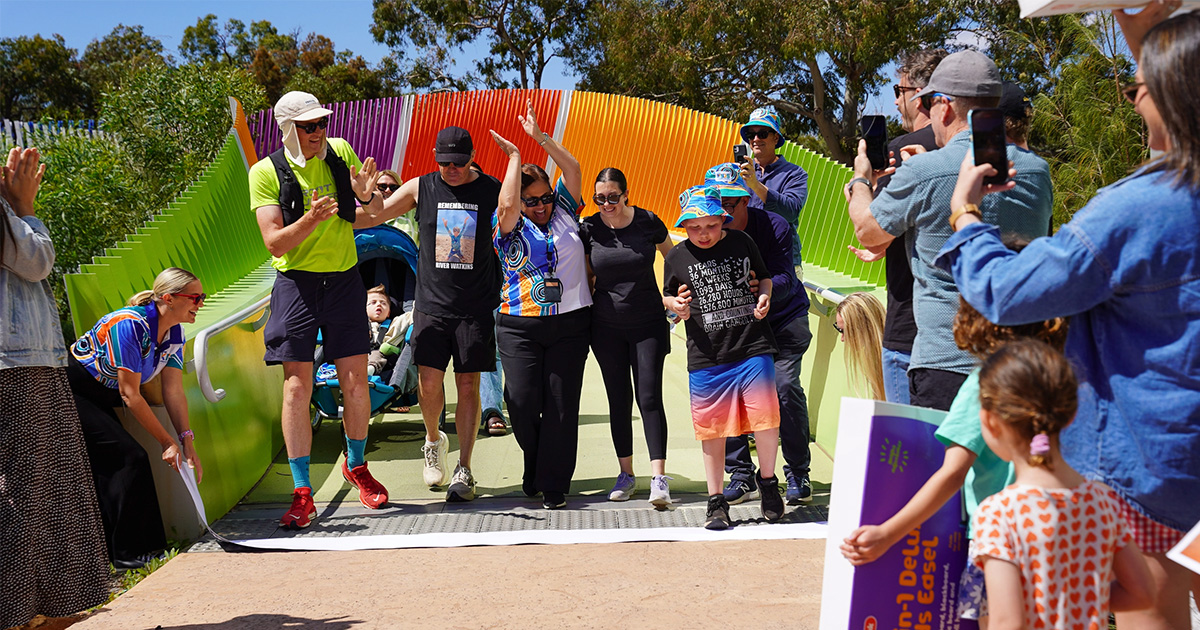
News & Events
Big run ends, race for cure continuesOur local legend, brain cancer researcher Jacob Byrne, has crossed the finish line of his final marathon, completing his Big Run for Little Brains - 30 marathons in 30 days, covering 1266km across Perth’s local government areas.
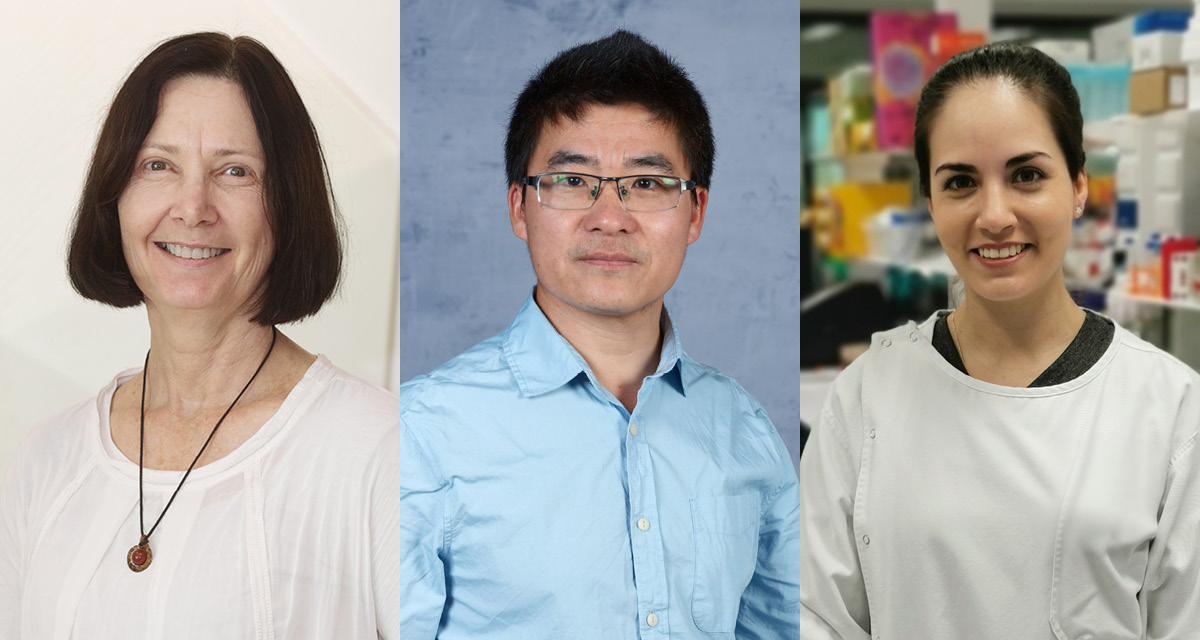
News & Events
New funding to tackle undiagnosed diseases and improve cancer immunotherapyOne of the researchers who helped crack the code of 10-year-old Northam girl Charlotte Patterson’s incredibly rare disease has received State Government funding that will allow her to use the same methods to rapidly assess the cases of hundreds more patients living with undiagnosed disease.
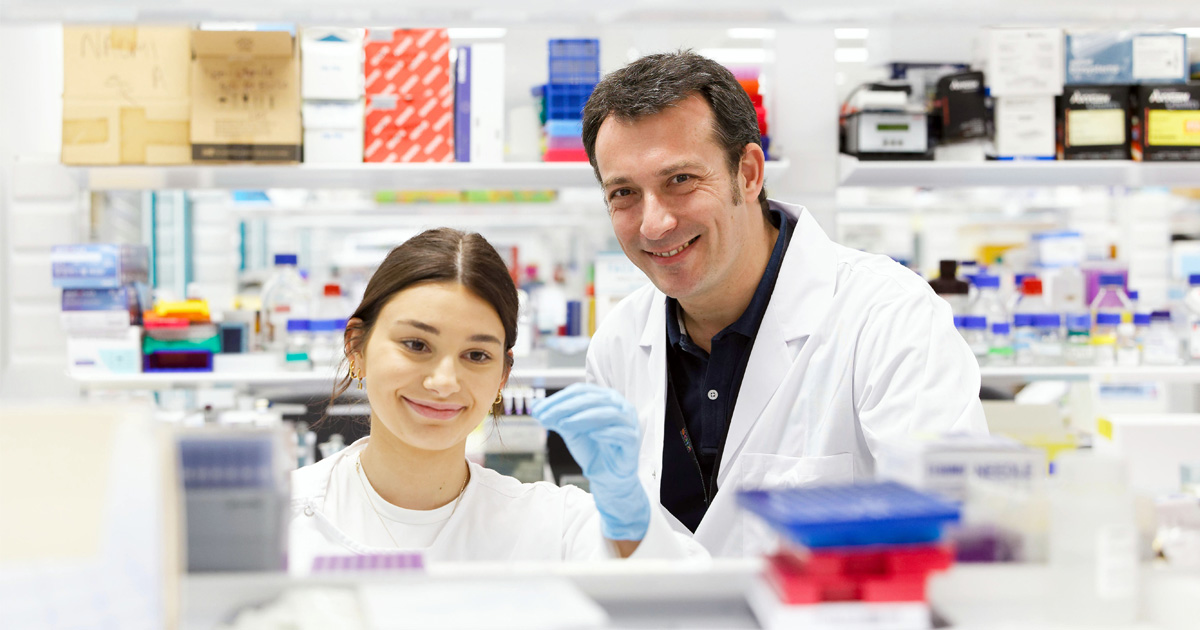
News & Events
Pioneering new treatments for leukaemia in children with Down syndromeA team of world-leading scientists has secured $5 million in funding from the Leukaemia and Lymphoma Society to advance the fight against leukaemia in children with Down syndrome.
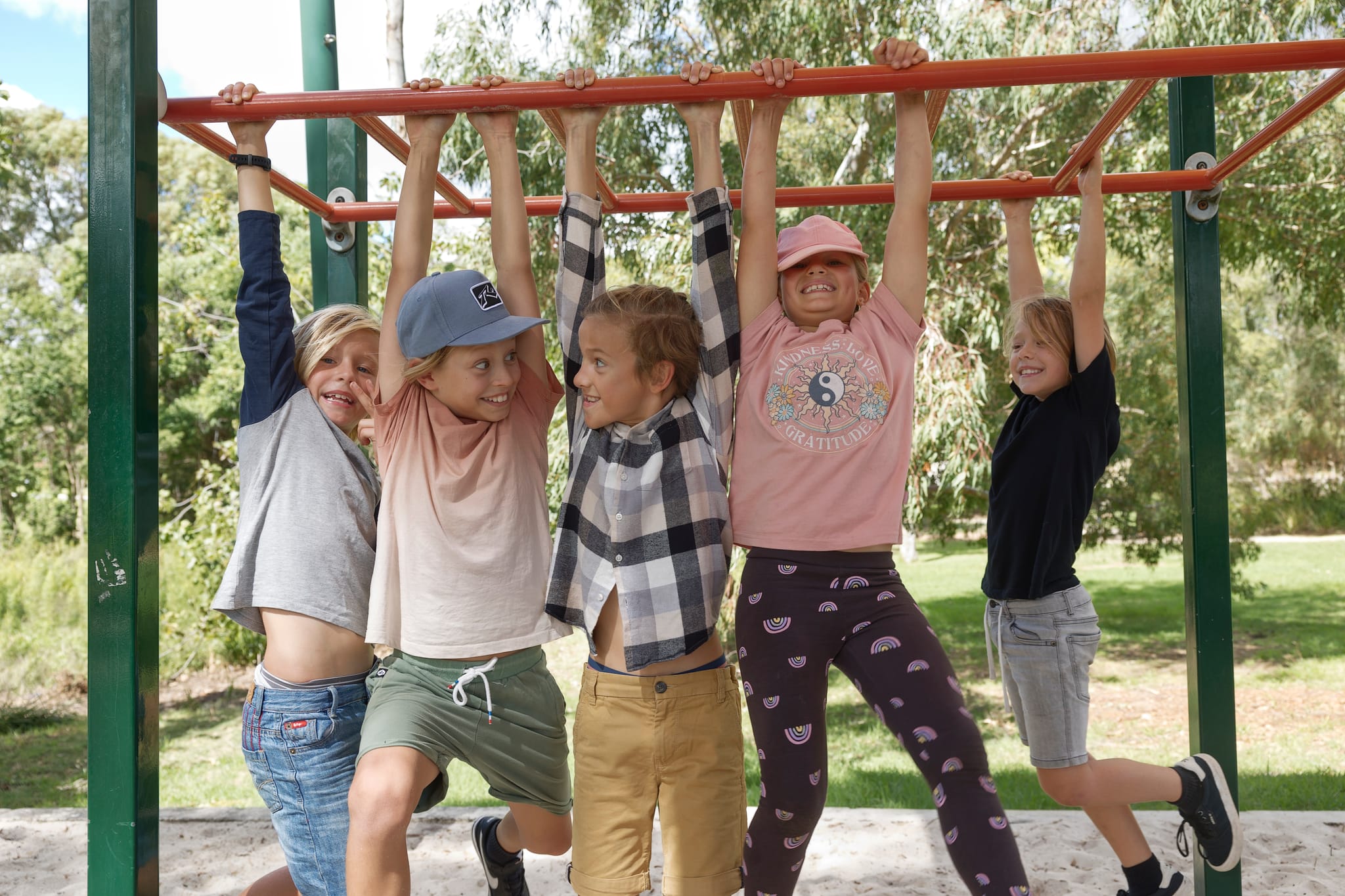
News & Events
Funding boost for childhood cancer research projectsProjects to improve outcomes for leukaemia patients and reduce skin cancer rates in young Aboriginal people have received funding through Cancer Council WA.
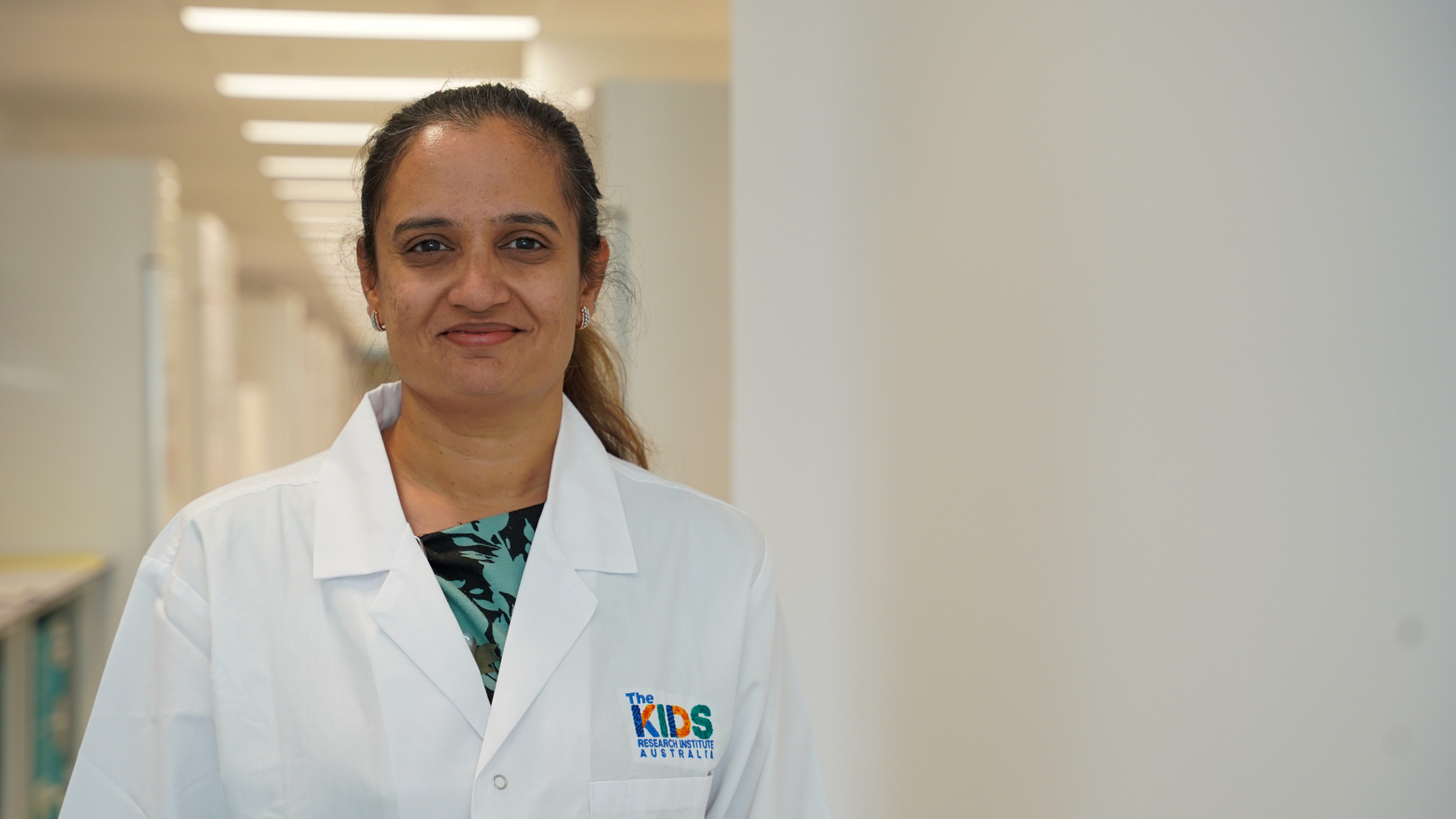
News & Events
Brain Cancer Awareness Month Q&A: Dr Hetal Dholaria’s vital work for WA KidsEach year in Australia, around 120 children are diagnosed with brain cancer, the leading cause of cancer-related death in young people.
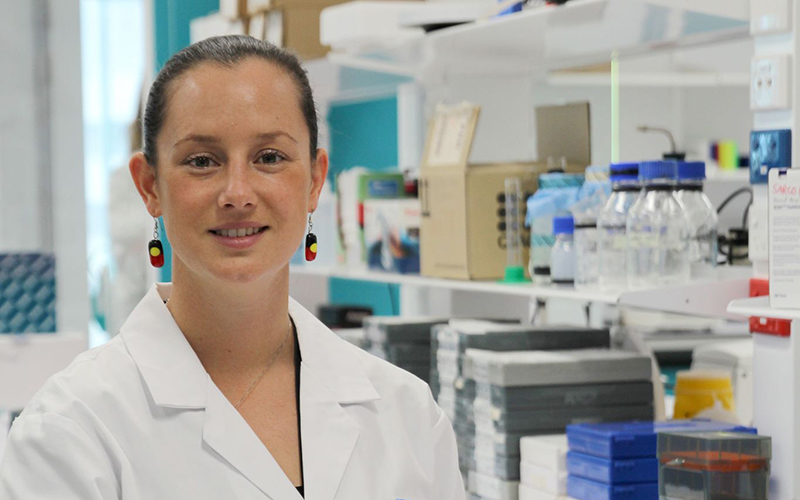
News & Events
The Kids cancer researcher named a Superstar of STEMThe Kids Research Institute Australia brain cancer researcher, Dr Jessica Buck will today join the ranks of a select group of brilliant female scientists.
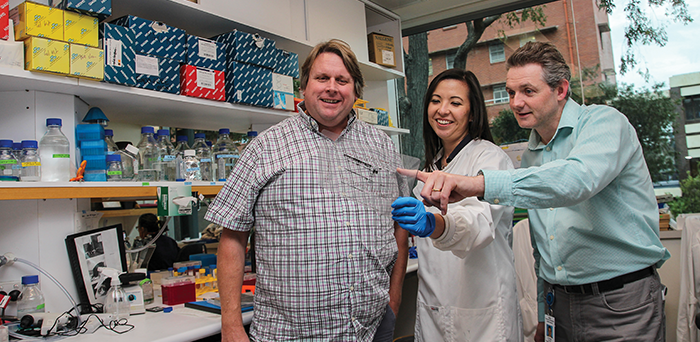
News & Events
How to win friends and influence people: Cancer researchers talk the talk for big resultsIn the field of cancer research, lobbying efforts by the The Kids Cancer Centre have contributed to major initiatives including Australia’s first personalised medicine program for children with high-risk cancer, and a mission to boost survival rates in brain cancer patients.
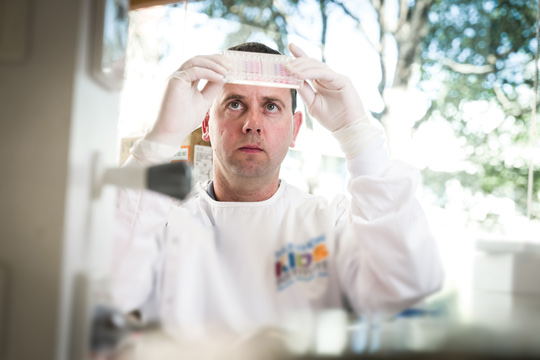
News & Events
Researchers unlock potential new cancer weaponIn an exciting breakthrough for cancer treatment, a new weapon to enable the immune system to combat the disease may have been unlocked.
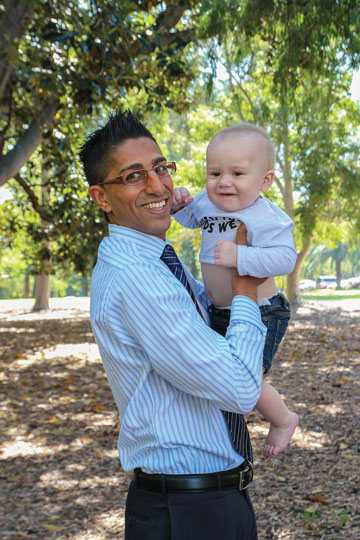
News & Events
Drug find could represent big win for our little patientsDr Rishi Kotecha knows too well the devastation of a leukaemia diagnosis in a child, treating children as a consultant at Princess Margaret Hospital.
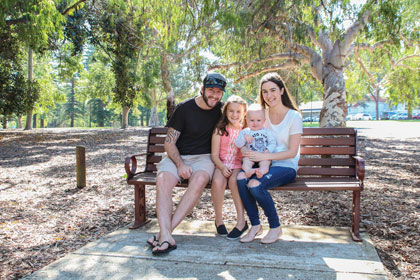
News & Events
Cheeky Jackson heads home after 7.5 month nightmareMichelle Pianta knew deep down something was very wrong with her seven-and-a-half month old son Jackson as she waited at Bunbury Hospital for his blood results.
